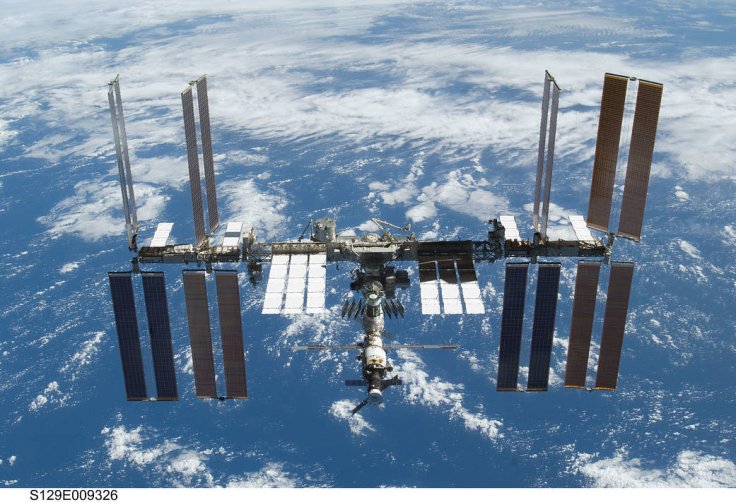
A European start-up recently sent a dozen bottles of red wine to NASA's International Space Station (ISS). But instead of serving as leisure-time supplies for the astronauts, the wine will actually be used as part of an important experiment that can benefit Earth's food industry.
The company Space Cargo Unlimited launched the bottles of red wine through the NG-12 mission of Northrop Grumman's Cygnus spacecraft. This served as the company's 12th resupply mission to the ISS. According to a post on Space Cargo Unlimited's website, the company launched the red wine as part of a scientific experiment known as CommuBios, which is currently being conducted in partnership with NASA researchers.
As explained by the company, this experiment will focus on studying the effects of microgravity in space on the fermentation process of red wine. For the experiment, 12 bottles of red wine are currently being stored aboard the ISS and will remain in space for about a year. Similarly, a dozen bottles of red wine will also be aged on Earth.

After a year, samples taken from these two batches will be analyzed to check for notable changes in taste and composition. According to the company, aside from studying the effects of microgravity on the manufacturing procedure of products, the CommuBios experiment aims to determine the deeper impact of space on certain properties of food items and beverages.
"CommuBios will analyze the impact of radiation and microgravity on wine components, such as polyphenols, crystals and colloids during the aging process, in order to develop new flavors, nutritional and digestive properties for the food industry," Space Cargo Unlimited said in a statement.
In addition to boosting Earth's food industry, the company also aims to uncover the space applications of the CommuBios experiments. The company pointed out that during missions that require long periods in space, storing food and medicine supplies can be an issue. Space Cargo Unlimited is hoping that the experiment would provide innovative solutions that can limit the negative effects of space on food and other important resources.
"Future long-duration space missions require storing food and medicines for long periods of time, which may affect the nutrition and taste of the former and the potency of the latter," NASA explained in a statement. "Learning more about how the space environment acts on complex liquids could lead to improved storage methods that reduce potential negative effects."









